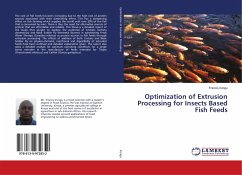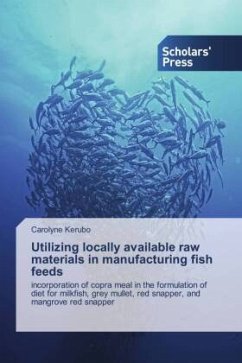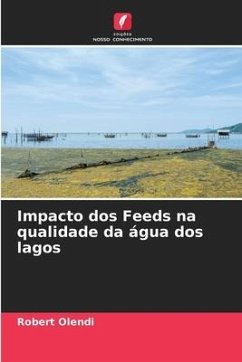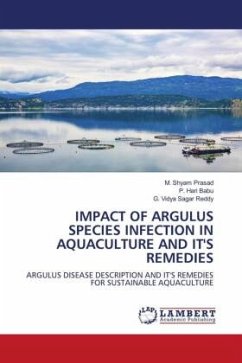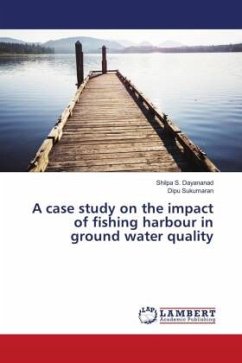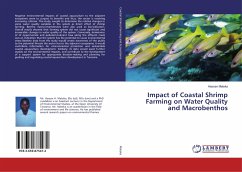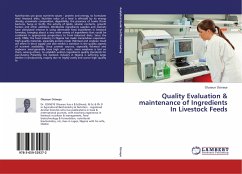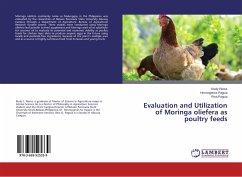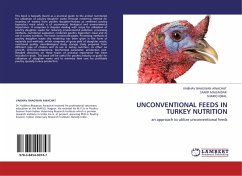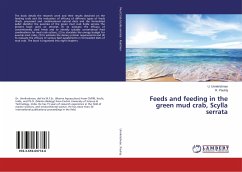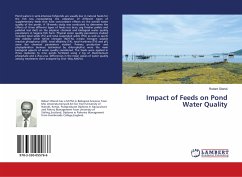
Impact of Feeds on Pond Water Quality
Versandkostenfrei!
Versandfertig in 6-10 Tagen
27,99 €
inkl. MwSt.

PAYBACK Punkte
14 °P sammeln!
Pond waters in semi-intensive fishponds are usually low in natural feeds for the fish lass necessitating the utilization of different types of supplementary feeds that have concomitant effects on the overall water quality of the ponds. A 18-weeks study was conducted to determine the effects of three different types of feeds rice bran, pig finisher pellets and pelleted test diet) on the physical, chemical and biological water quality parameters in Sagana Fish Farm. Physical water quality parameters studied included total solids (TS) and total suspended solids (TSS) as well as secchi disk visibi...
Pond waters in semi-intensive fishponds are usually low in natural feeds for the fish lass necessitating the utilization of different types of supplementary feeds that have concomitant effects on the overall water quality of the ponds. A 18-weeks study was conducted to determine the effects of three different types of feeds rice bran, pig finisher pellets and pelleted test diet) on the physical, chemical and biological water quality parameters in Sagana Fish Farm. Physical water quality parameters studied included total solids (TS) and total suspended solids (TSS) as well as secchi disk visibility while nitrite nitrogen (NO7-N), nitrate nitrogen soluble reactive phosphorus (SRP), total alkalinity (TA), total hardness (TH) and pFL were the chemical parameters studied. Primary production and phytoplankton biomass (estimated by chlorophyll-a) were the main biological aspects of water quality considered. The feeds were applied in three replicates to nine ponds fertilized using 2 Kg of Diammonium phosphate and 2.7kg urea. Differences in the mean values of water quality among treatments were analyzed by One- Way ANOVA.



